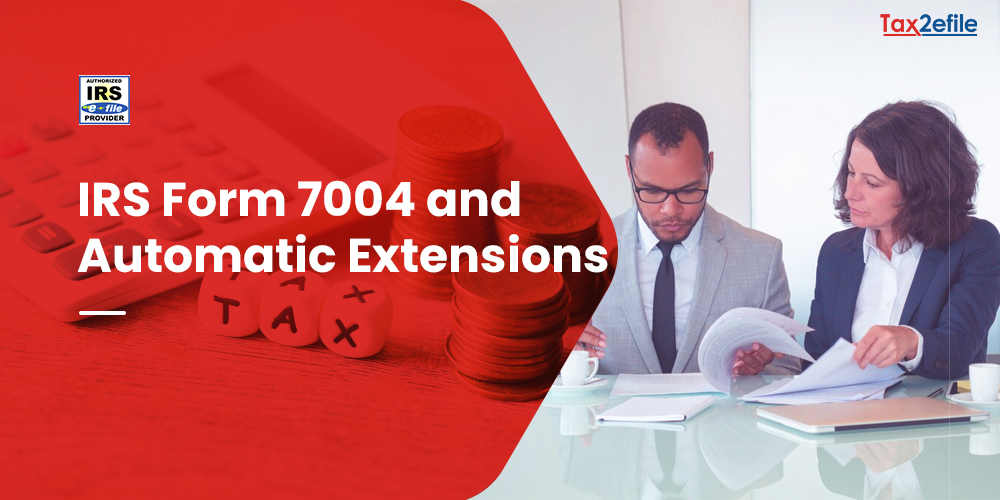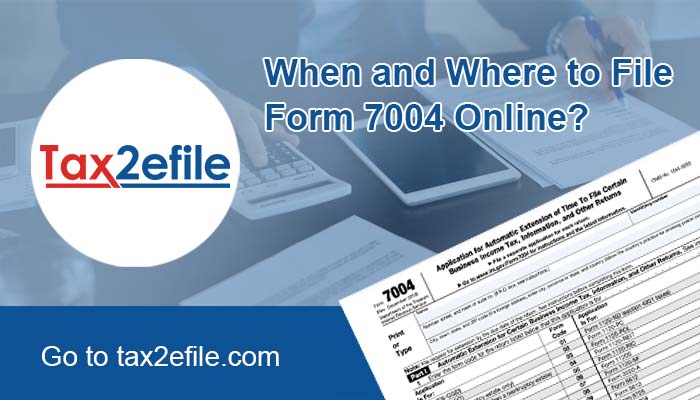- November 16, 2018

Filing a 7004 business tax extension provides you 6 months of time to file your tax return (but it is 5 months for certain business entities) when you owe the taxes, the IRS needs the taxpayer to pay the tax amount by the original due date of your tax return. Typically, by 15th April and 15th March for businesses.
A business tax extension provides the time that the taxpayer needs to prepare a complete tax return. But the IRS will never wait to receive the taxes you owe. When the tax return comes out better than you expected, you will get a refund. When it comes worse than expected, you may have to pay the additional due tax to the IRS. As the taxpayer, you are still required to pay by the original filing due date.
What if I don’t pay the tax due?
When you do not pay the income taxes by April 15th,(or March 15th for business taxes) the IRS may assess the late payment penalty and interest charges which are add-ons every month when your taxes are not paid on time.
The late payment penalty is 0.5 % of the unpaid taxes, calculated on a monthly basis, till a maximum of 25 %. For instance, when you have $ 2,000 in unpaid taxes, the IRS will charge $ 10 per month for a late payment penalty.
When the tax is unpaid 10 days after the IRS issues a “Notice of Intent to Levy”, then the late payment penalty increases to 1.0 %. But, when you filed on time and set up an Installment Agreement with the IRS, then the late payment penalty decreases to 0.25 %.
You will not be subjected to a late payment penalty when you file the tax extension on time by the original deadline of the return and if you paid at least 90 % of the tax return amount along with your tax extension.
The Internal Revenue Service charges interest on outstanding tax balances. Interest is compounded daily and accumulates starting on the due date of the tax return till the day you pay the taxes. The interest rate is calculated based on a quarterly basis. At present, the interest rate is equal to the Federal short-term rate in addition to 3 %.
Finally, there is a late filing penalty that is enforced when you owe tax to the Internal Revenue Service and when you do not file on time. The fee is about 5 % of the unpaid taxes, which is assessed based on a monthly basis, for a maximum of 5 months. When the tax return is late more than 60 days, then the minimum late filing penalty is $ 135 or 100 % of the tax due, whichever less is applicable.
When you are not certain that you will get a tax refund from the IRS or you will owe tax payment when you ultimately file your return. In that case, Tax2efile can assist you to get an accurate estimate on your income taxes through our tax calculator. So start filing your extension to avoid the IRS penalties and enjoy other benefits from the Tax2efile.


